Detroit Become Human is a game you’ll want to play if you have a PlayStation 4 and are in the need not only to feel something different with your DualShock 4 in your hands, but also to appreciate a personal take on a historically abused sci-fi depiction of being human.
What is humanity? Well, since I’m just out of a Dark Souls Remastered review for Gamepur, I could say it’s the means that make your journey easier as, unlocking this status in the game, you can get – among the other things – a hand from a friend of yours to beat a boss.
In Detroit: Become Human, it’s what androids – which, by the time you start playing, have been around for a long while now – long for and are being deprived against their surprisingly free will by humans. That’s a completely different concept, but nonetheless interesting as few other things in gaming.
This is, to begin with, the premise of the story the developer behind Fahrenheit and Heavy Rain, Quantic Dream, and its founder and creative director David Cage want to tell us now as their debut title on PlayStation 4, after the a-bit-disappoint last PS3 exploit with Beyond: Two Souls.
As I said, it’s an interesting premise, and one that desires to give us a different look upon one of the hottest topics in the sci-fi narrative. Androids, which are made by humans, at a certain point start to riot for some reason. Among these reasons, I don’t remember emotions have never been mentioned, at least not in gaming.
Unraveling the mystery behind the story of Detroit, you get the increasingly feeling that this premise is just that, a premise to something even bigger and if possible more intimate, more human, as androids start to tell their stories and to cooperate to let their voice be heard.
Sure enough, this time around the point has been centered – the story is something you get attached to and, differently from the previous QD efforts, it doesn’t lack cohesion and don’t screw everything up at a certain point with non-sense stuff like angels and demons.
It’s a grounded plot, that – as it’s Cage’s tradition – revolves around players’ choices, allowing them to do this and that to save someone, to see a certain ending, and so on. Multiple choices bear multiple meanings, though.
While playing Become Human, you have the distinct feel that you’re doing bigger and smaller choices, as some of them have a different impact on the story, whether you want it or not.
At the times, you notice that you’d want to do something quite big your own way but the author has decided to do it differently and so leads you on a certain path. And that’s not good, of course.
But on the good side, what’s fine is that the small things you do in the game are meaningful both to the story and to the world it’s played in. That’s something new to Quantic Dream titles – Detroit is a part of a living world, that reacts to the choices and the stuff you make, even, especially the smaller ones.
It was quite surprising to see that happen, as it’s not only a parameter that you see on your screen and think ‘ok, that’s something they wanted to show me out of curiosity’ or whatever, some kind of mechanics that was added just to pretend there was a world outside.
I won’t spoil anything but, based on what’s the opinion about the androids among the media, your ending will have an impact and might be different because it leads to people caring about you and helping you to your final target or despise you at all.
And, as it is not presented as something massive throughout the game but just as a tool that pops up on the screen from time to time, I appreciated how it worked together with the smaller pieces I put together by dealing with other androids in daily matters or with humans.
As I mentioned, it contributed to make Detroit: Become Human a more cohesive work, and one that surprisingly ended up being very, very grounded and believable in comparison with other titles from the French developer.
With that said, I expected more from Kara’s plot, especially considering what I had seen in the previous showcases of the title (I still remember the domestic violence trailer from PGW) and my anticipation of it being a sort of Heavy Rain in Detroit.
In the end, especially because Markus and Connor are the true protagonists, I felt her story was almost attached for some reason to the others, just like – while playing with the other two – you met her by accident and, whatever happens to her, the game goes on without even bothering.
Her storyline itself is kind of interesting and truly shows us what an android is meant to be like and do during a day of work, but I hoped the team took more time to give her some more meaningful scene and particular task.
As I just told you, Markus and Connor are quite surprising as they’re very, very good and very, very good written especially in comparison with Kara, who’s an often regular character in her talk with Alice (that was anticipated, though: she talks to a little girl so you don’t expect her shouting or whatever).
Markus is the real souls that brings on the tale of the androids, while Connor – who’s still at his best in the portion of the title0 you might’ve already played in the Hostage demo – has some amazing investigation scenes that look got out of a True Detective episode (the first season, of course).
With Markus, most and foremost in the final chapters, you’re called to take decisions that will save your friends’ lives, although in a couple cases the game won’t take them into serious account – I won’t spoil anything, again, but you can never take for granted that someone’s truly dead in this game.
I’m not a fan of matters of life or deaths being dealt with during quick time events of sorts, after you have developed a certain relationship with an android or a human, but unfortunately this is something that happens in Detroit, as it happened in the some of the previous Quantic Dream productions.
Talking about quick time events, they’re back and they’re basically the same you’ve played through Beyond: Two Souls. From this perspective, Become Human doesn’t represent any kind of evolution so, if you didn’t appreciate the previous game, you won’t like this one, too.
While I don’t have anything in particular against the QTE system, it is worth noting that some of the sequences feel like they’re a bit restricted under it, as they were thought like action stuff you’d play in a regular third person shooter and then downscaled to this form.
As Sony is investing more and more on first party studios and PlayStation exclusive, I can’t help but wondering what could happen to Quantic Dream if its next game should be a free flow action adventurer in the likes of a God of War of sorts.
Considering the talent in writing, Cage – who has an Italian heritage just like me, and not too distant from my hometown, Ariano Irpino – could lead that too in the future, who knows. At the very least, I’d like to see him and his team embark on this new journey one day or another.
A bit of innovation, at least in comparison with the other QD games, comes in the form of the flowchart, a tool that lets you see all the branches and ramifications you could have taken or still could take in a particular scene of the title.
It’s very interesting because it lets you really feel like you could’ve done something totally different in almost every aspects of the story. Markus’ sections are a bit more linear, but for the rest there are tons of choices you could take in order to lead your story your own way.
As I said before, it’s the micro-choices that give you a better idea of the power of this tool, since the small things you do in the game, like moving a curtain or talk to a person rather than simply ignoring him, have a huge and often unexpected impact on the progression.
At the times you feel like the developer wants to have the power on some of the things you do across the game, and when you notice it – together with noticing that the biggest parts of the dialogues are reused on multiple scenes you’re not supposed to see in the same playthrough, or that characters give you the same answers when the things you tell them are not going to determine a particular path in the story – you definitely get a bit disappointed.
A few things could be fixed or added, such as the possibility to skip cut-scenes you’ve already watched and more checkpoints in the middle of each chapters so you can start from there right away if you’re already played through the entire game.
From the Telltale Games experience, Cage and his guys and gals have brought percentages alongside each choices, which let you know how other people around the word have behaved in front of the same decisions you had to take.
From a technical perspective, Detroit: Become Human has huge productive values, and this means that the game looks brilliant in most of the cases. Character models are unbelievably carefully and well crafted, and without any doubt set new standards in their fields.
Facial animations are also very good, even on secondary characters you meet across the story, and manage to express the feeling of the people and the androids who bear them all the time.
The interiors are amazing, too, whether they’re quiet houses at the border with Canada or crime scenes, completely changing the look of the game based and thanks to believable weather conditions, state of the art photography and lighting.
Looking at the rest of the world, when you go outside it’s a mixed bag. The environments are rather small but mostly sharp and colorful, but from time to time there’s a noticeable downgrade in the quality of the image to sustain a solid frame rate; when it isn’t there, it happens to have a quick but evident dip in the fps counter, even on PS4 Pro.
All in all, Detroit: Become Human is a high quality branching story that most of the time goes the path you decide with your own hands and mind. It has an interesting plot and social themes you’ll get attached to, along with a detective character that gives a compelling mystery to work on.
It could give players more power at the times, it could have developed more meaningful scenes for few of its characters, especially Kara, and it could have more memorable moments of the three protagonists to add on top of the few existing ones.
But at the end of the day, it’s a game you’ll want to play if you have a PlayStation 4 and are in the need not only to feel something different with your DualShock 4 in your hands, but also to appreciate a personal take on a historically abused sci-fi depiction of being human.

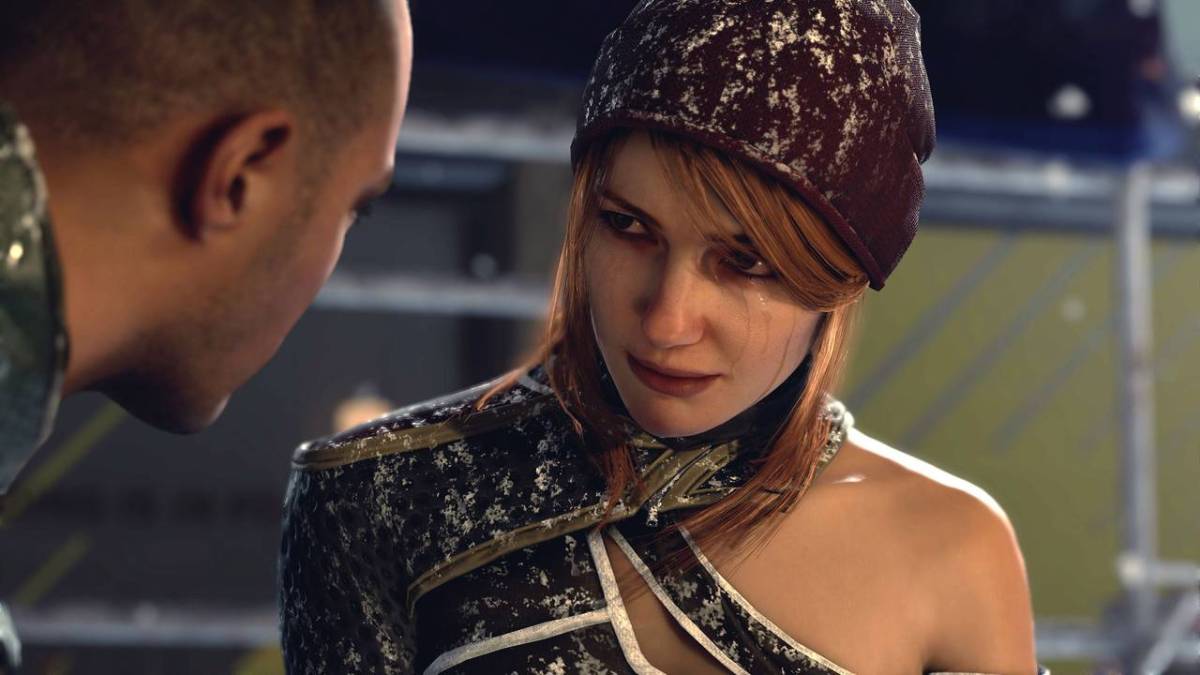




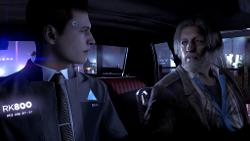






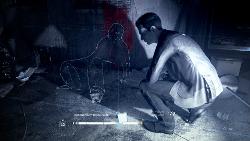
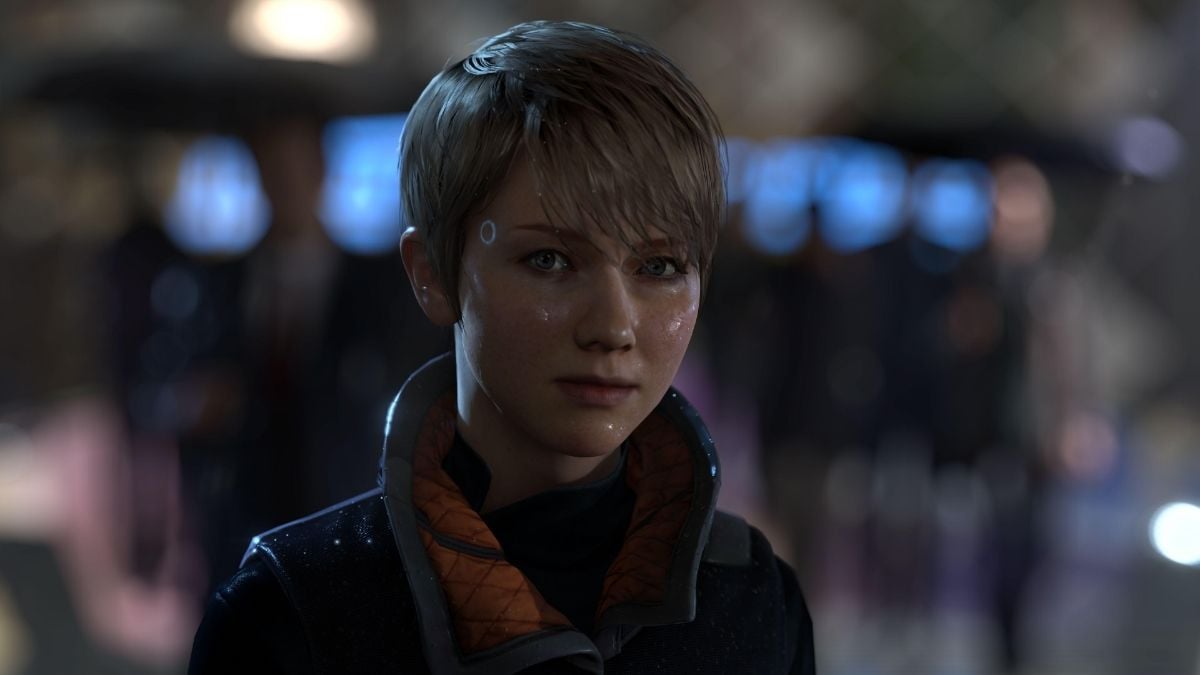
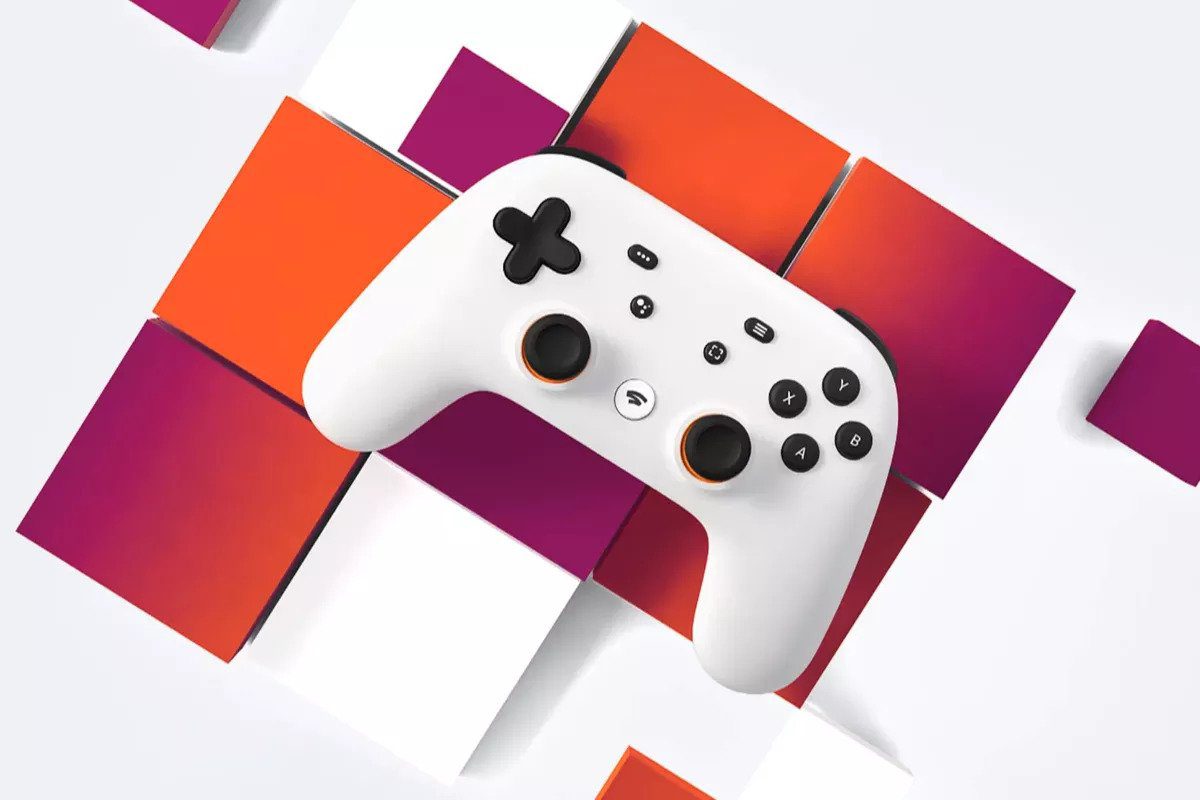
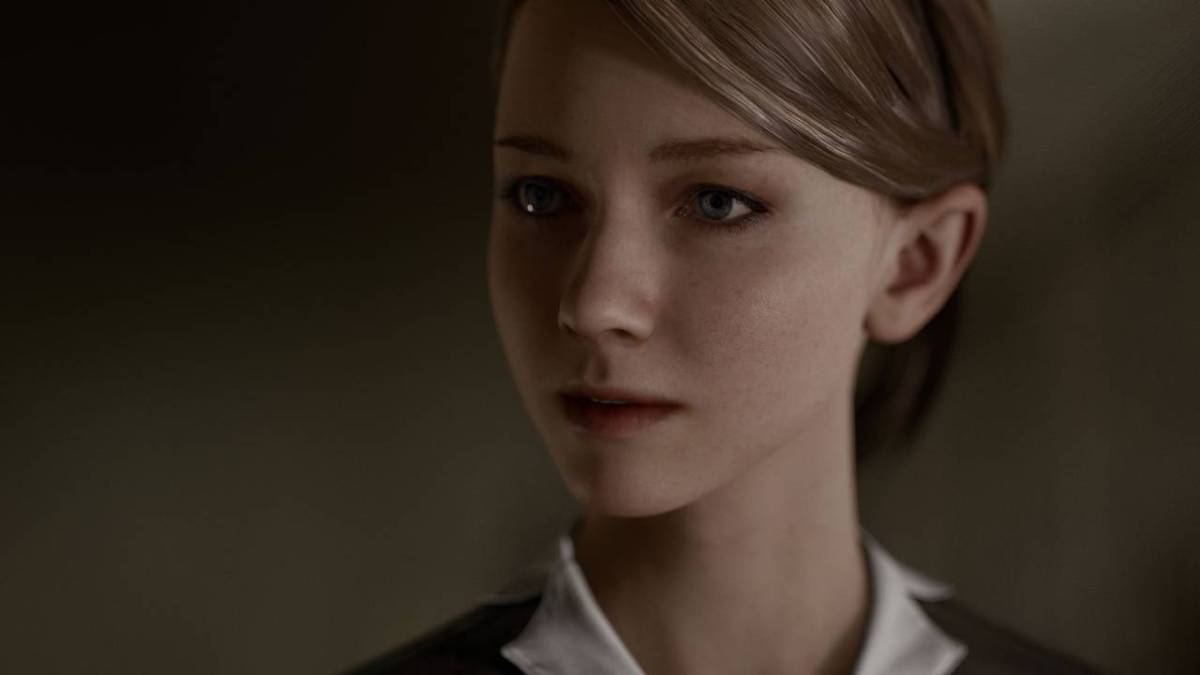
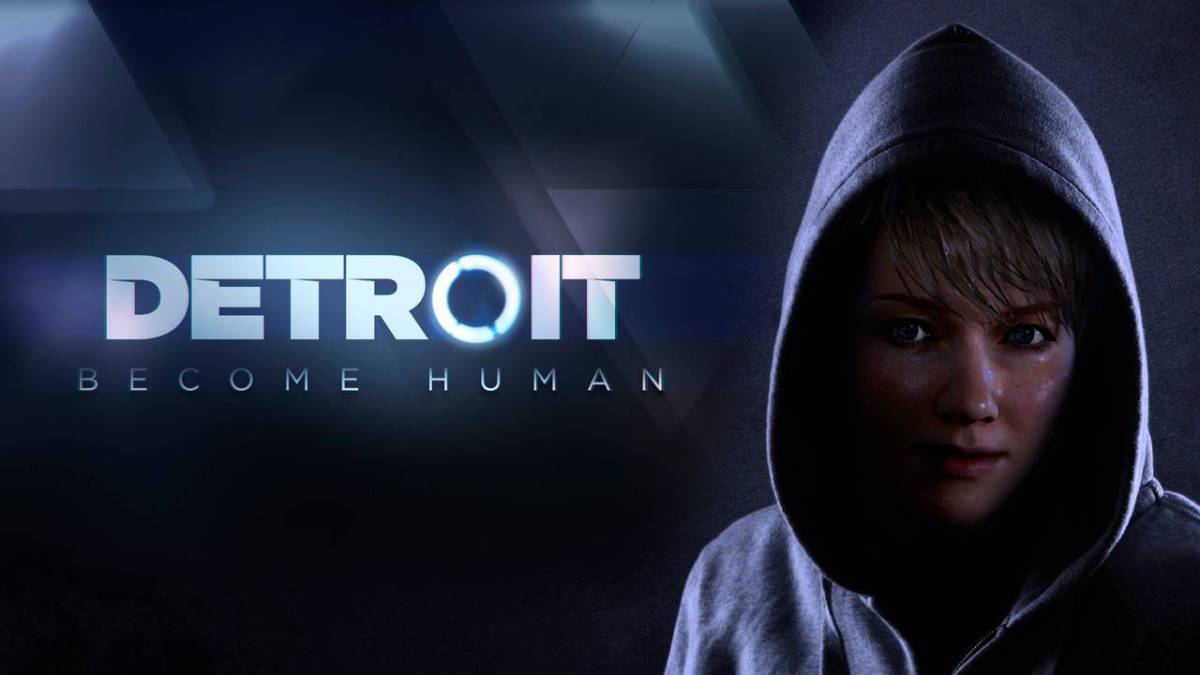

Published: Jun 4, 2018 09:28 am